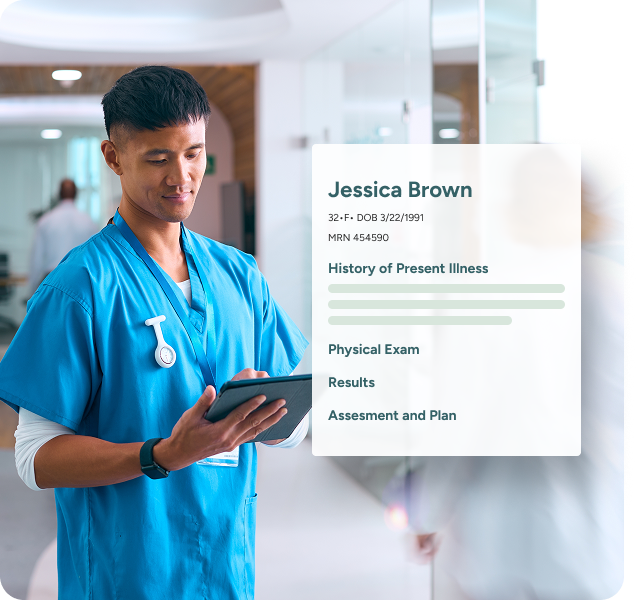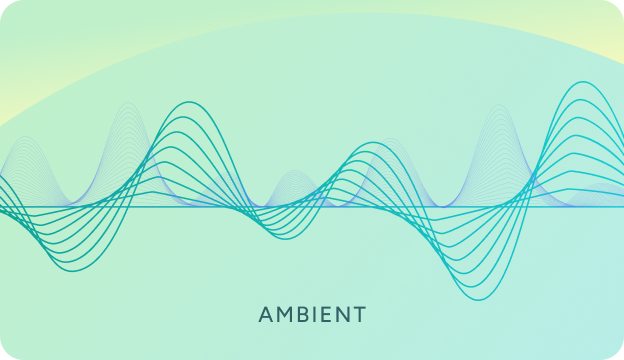Reducing physician burnout with AI-powered voice assistance
A healthcare AI provider set out to reduce documentation burden for clinicians with a voice-enabled assistant that integrates directly with EHR systems. We partnered to strengthen its accuracy, scalability, and compliance through engineering enhancements, cross-platform development, and automation-first testing.
high test scenarios
and offline workflows
with dual ASR
through automation
Building trust in AI for high-stakes healthcare use.
Clinicians needed accurate dictation, fast responses, and seamless switching between commands and free-text notes. The assistant also had to work across iOS, Android, web, Windows, and Mac without adding friction to patient care.
Manual testing and siloed release cycles slowed delivery, while integrations with leading EHRs had to preserve security, minimize latency, and ensure compliance with HIPAA and SOC standards.
Limited connectivity in exam rooms, variable microphones, and differing speaking styles further impacted accuracy and speed.


Engineering an AI assistant for real-world use
We expanded the voice-enabled AI assistant across mobile, web, and desktop platforms, strengthening its speech layer with two specialized ASR engines—one optimized for dictation and one for commands. This cross-platform development gave clinicians a consistent experience on any device without changing how they work, while real-time transcription improved note accuracy and reduced editing time.
Voice commands automated common EHR tasks such as creating notes, referral letters, and prescriptions, and in-memory caching with smarter state management cut latency and made switching between modes seamless. An automation-first testing framework achieved full coverage of high-value workflows, with continuous testing on every build to maintain quality and reliability. Security reviews reinforced encryption, anomaly detection, and compliance with HIPAA and SOC standards, ensuring the AI assistant remained fast, accurate, and secure.
Engineering and automation came together to make the assistant fast, accurate, and dependable in real clinical environments.
Turning efficiency into time for patient care
Clinicians saw measurable gains in both speed and accuracy. Validated 99% dictation accuracy reduced rework for medical notes and cut documentation time through hands-free dictation and quick voice commands. Automation and real-time transcription streamlined test cycles and boosted confidence in daily use.
System stability held at 85%+, even in limited-connectivity environments, while cross-device parity ensured a consistent experience across mobile, web, and desktop. Together, these improvements accelerated adoption and maintained full HIPAA and SOC compliance—delivering a scalable, trusted AI assistant that gives clinicians time back for patient care.



